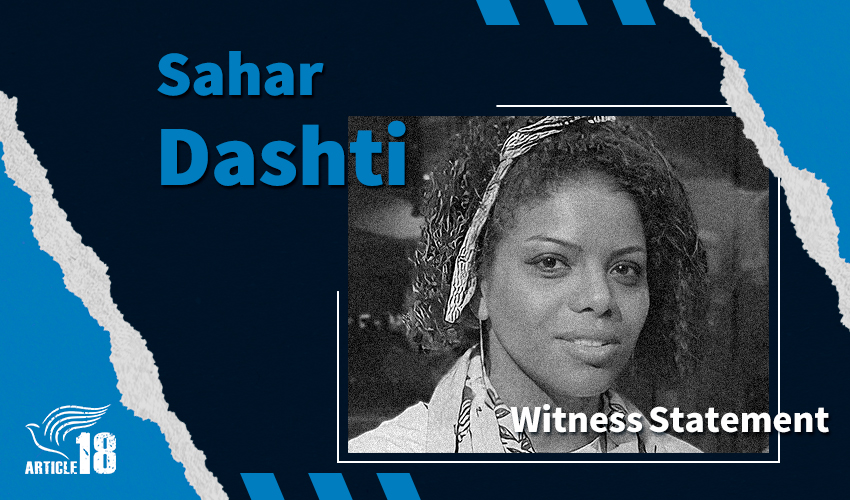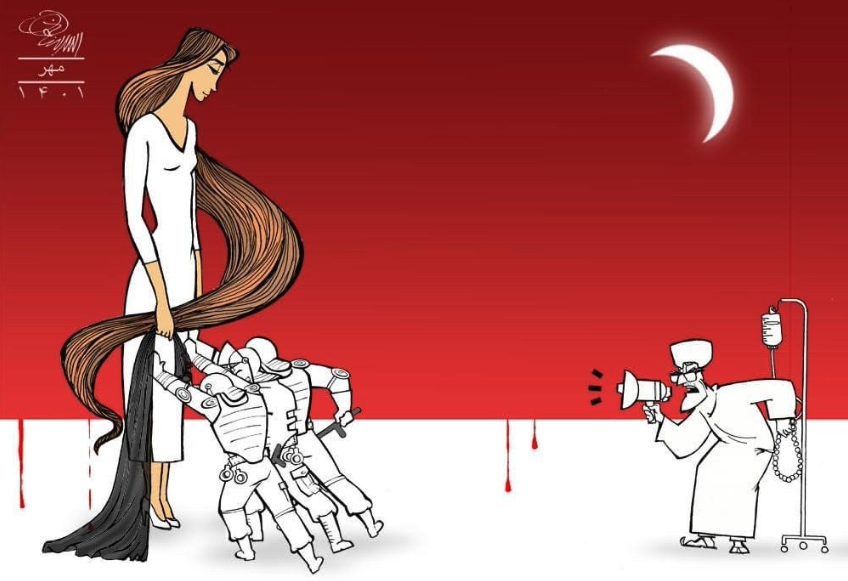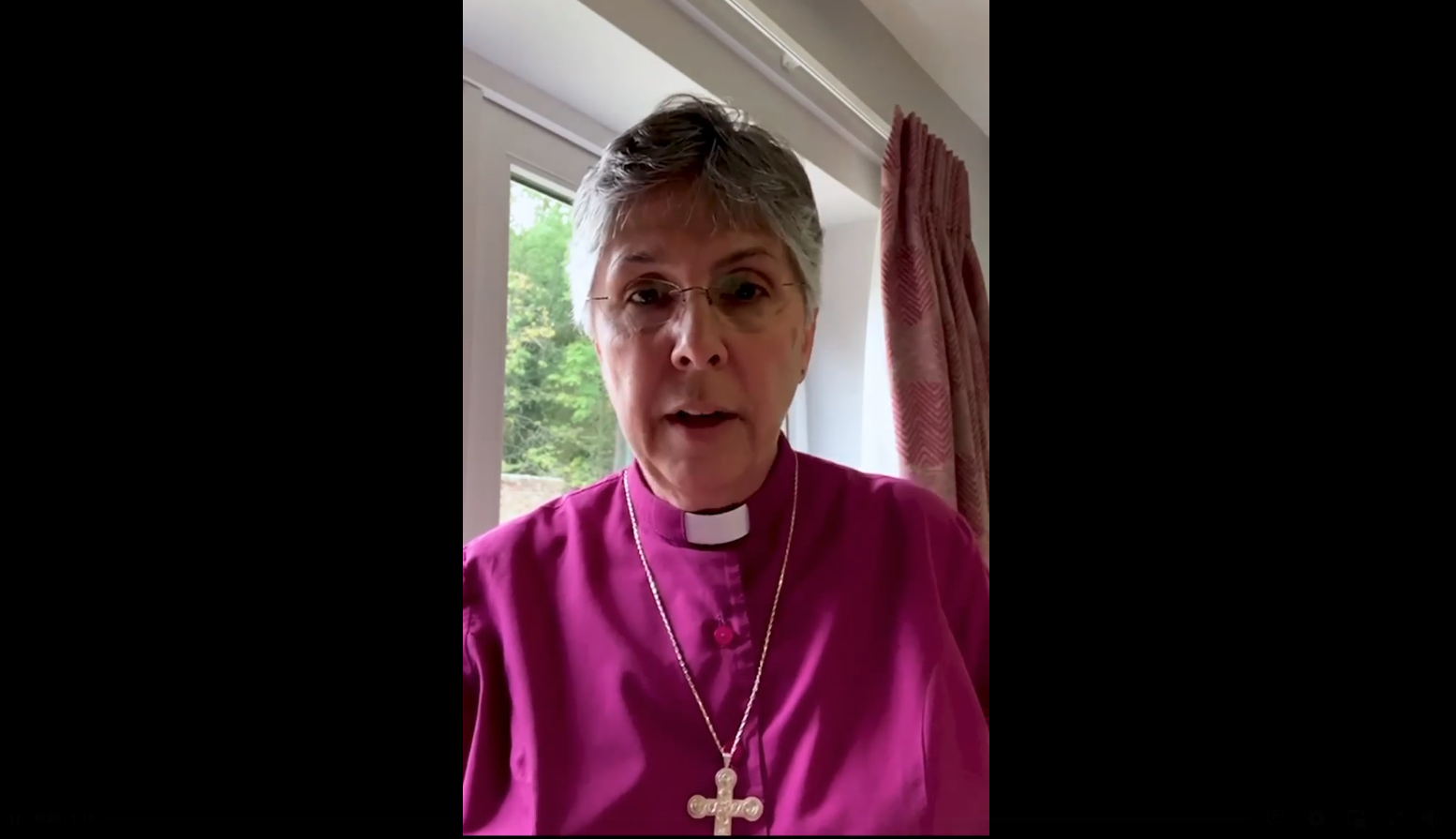
by Steve Dew-Jones | 21 Oct 2022 | Witness Statements
For a summary of Sahar’s story, you can read our feature article here. Background and conversion 1. My name is Masoumeh Dashti Aqizadeh, but I prefer to be called Sahar. I was born in November 1981 into a Muslim family in Lenjan County in Isfahan Province. I have...

by Steve Dew-Jones | 20 Oct 2022 | Analysis
This article, written by Article18’s Fred Petrossian, was first published on the website of Get The Trolls Out, which campaigns against anti-religious hate speech in the European media. As protests in Iran continue and supporters hold rallies around the world in...

by Steve Dew-Jones | 19 Oct 2022 | News
A second Christian convert has been unexpectedly pardoned and released from Tehran’s Evin Prison just a day after the release of a 61-year-old man who had spent nearly five years in prison. Fariba Dalir’s release last night follows that of Nasser Navard...

by Steve Dew-Jones | 18 Oct 2022 | News
Photo: Twitter @churchofengland British-Iranian Anglican bishop Guli Francis-Dehqani has written and recorded prayers for the Iran, as protests continue in the wake of the death in custody of 22-year-old Mahsa Amini. Bishop Guli is the daughter of the first Persian...

by Steve Dew-Jones | 18 Oct 2022 | News
Article18 has joined with 42 other civil-society groups in calling on the UN Human Rights Council to “urgently establish an independent, investigative, reporting and accountability mechanism” in response to the Iran regime’s ruthless crackdown on ongoing nationwide...






